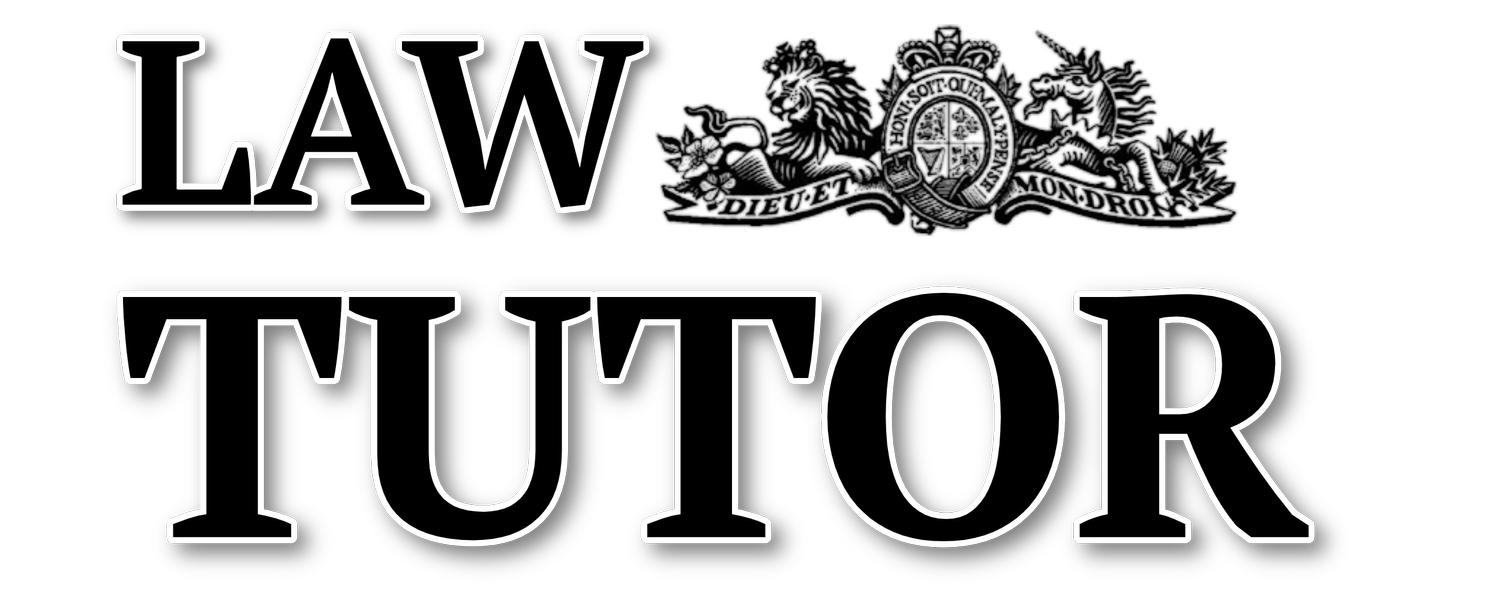Primary Sources of Law
Primary Sources of Law Meaning
Primary sources of law are the most authoritative and fundamental sources of legal principles in a given jurisdiction. These sources are closely associated with the creation and application of law in that jurisdiction, and they are used by judges and legal professionals as the basis for legal decision-making. Examples of primary sources of law can include written constitutions, statutes, regulations, case law, and treaties. These sources are considered primary because they directly establish legal rules and rights, and they are given a significant level of weight in interpreting and applying the law. Thus, understanding primary sources of law is essential for students and practitioners of law, as they provide the foundation upon which legal analysis and argumentation is built.
Parliament
The UK Parliament is the legislative body of the United Kingdom and is located in the Palace of Westminster in London. It is composed of two houses: the House of Commons and the House of Lords. The House of Commons is made up of elected Members of Parliament (MPs) and is responsible for making and scrutinising laws, approving taxes and holding the government to account. The House of Lords is composed of appointed members known as lords and is responsible for revising and scrutinizing proposed laws. The UK Parliament also has an essential role in decision making, debating and overseeing the work of the government. The procedures and conventions of parliamentary democracy in the UK are longstanding, providing a model for other nations, and have played an essential role in shaping the political systems of the world.
Case law
UK case law plays a critical role in shaping the legal system of the United Kingdom. Case law refers to the decisions and reasons for those decisions made by judges in past legal cases. These decisions establish legal precedent that sets guidelines for how similar cases should be handled. Case law helps to ensure consistency and fairness in legal rulings and is a valuable resource for lawyers, judges, and legal researchers. Since the UK has a common law system, the judgments made by higher courts become binding legal authority for lower courts in future cases. Therefore, UK case law has a significant influence on how legal disputes are resolved in the country.
Retained EU law
Retained EU law refers to the body of EU law that was incorporated into UK law after Brexit. Under the European Union (Withdrawal) Act 2018, all EU law that was applicable in the UK on the day of Brexit became part of UK law. This includes both primary and secondary legislation, as well as principles, rights and regulations derived from EU law. Although the UK is no longer bound to the EU, retained EU law continues to have legal effect in the UK. This means that much of the legal framework governing various areas of life in the UK remains unchanged, with retained EU law providing the basis for key regulations and protections in areas such as employment, the environment and consumer rights.
European Convention on Human Rights
The European Convention on Human Rights (ECHR) is an international treaty that was ratified by the United Kingdom in 1951. The ECHR sets out a number of fundamental rights and freedoms that must be protected by the signatory states, including the UK. These rights include the right to life, liberty, and security, the prohibition of torture and inhuman or degrading treatment, the right to a fair trial, freedom of expression, and freedom of religion. The ECHR has been incorporated into UK law through the Human Rights Act 1998, which means that individuals in the UK can rely on the Convention in court and public authorities must act in a manner that is compatible with the Convention. The ECHR has played a significant role in shaping UK law and has been used in a range of cases to protect the rights of individuals.
LAW BOOKS
The books published by Law Tutor are the result of the expertise of a former law school instructor and barrister, who has used his vast knowledge and experience in the field to create an essential tool for students pursuing various legal qualifications. The Core Series books are designed to provide a comprehensive understanding of legal theories and concepts that are crucial for students studying for LLB and SQE, PGDL, GDL, CILEX Qualification Framework, and University of London LLB Curriculum tests. On the other hand, the Q&A Series books are an excellent resource for students who want to gauge their level of understanding and proficiency in answering legal questions. These books come with suggested answer sets that help students to understand what is expected of them and how to improve their performance in legal tests. Overall, the Law Tutor books are a must-have resource for students who want to excel in their legal studies and become successful practitioners.


